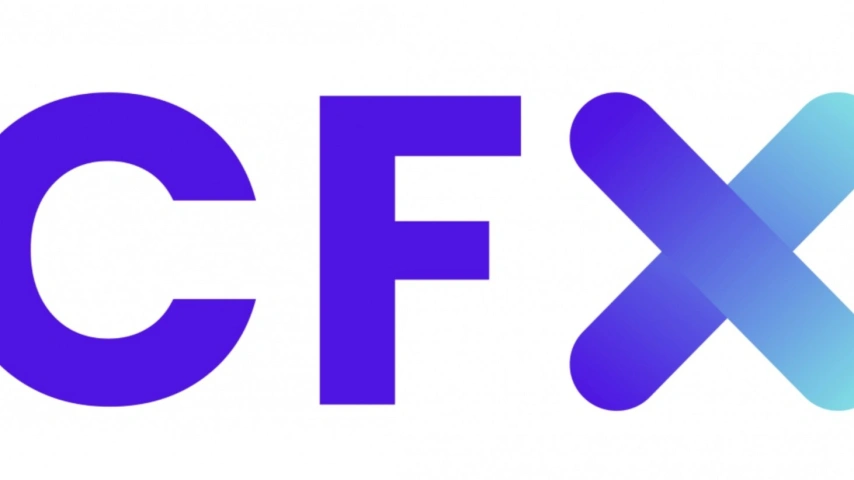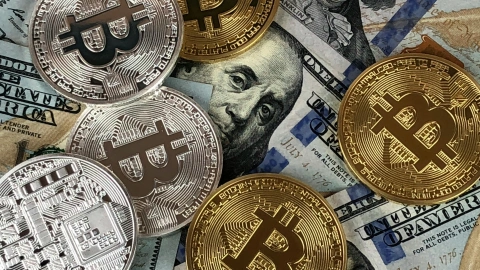Technology / Detail
Indonesia’s Crypto Leap: What the World Can Learn from CFX and COIN
Michael Jack | 19 August 2025 | 13:45
Indonesia has taken a bold step in the global crypto space. Instead of letting digital assets operate without clear rules, the country has chosen to regulate them, set up an official exchange, and even allow crypto companies to go public.
The story of CFX and COIN isn’t just about Indonesia—it shows how developing countries might lead the way in shaping the future of crypto.
A Young, Digital-Savvy Nation
Indonesia has over 270 million people, many of them young and heavy users of smartphones. A large number don’t have access to traditional banking, which makes crypto attractive. By 2025, more than 17 million Indonesians had signed up for crypto trading, creating one of the largest retail crypto markets in the world.
Unlike in the U.S. or Europe, where crypto often operates in legal gray areas, Indonesia’s government chose a different path: it decided to regulate and control the industry under the financial system.
CFX: The National Crypto Exchange
At the center of this system is Central Finansial X (CFX), Indonesia’s official crypto exchange. Instead of letting private companies compete, all crypto trading must go through this single, government-backed exchange.
This means that whether someone is a small retail trader or a large institutional investor, every trade is funneled through the same platform under the watch of national regulators.
How it works:
- One Order Book – All trades happen on CFX, so prices are unified and there is no fragmentation between multiple exchanges.
- Approved Tokens Only – Investors can trade only tokens that have been carefully reviewed and approved by regulators, reducing the risk of scams and unstable projects.
- Strong Rules – KYC (Know Your Customer) and AML (Anti-Money Laundering) rules are required, which makes it harder for bad actors to exploit the system.
At the same time, critics worry that the centralized model could limit innovation, slow down the introduction of new digital assets, and make the system overly dependent on government oversight.
By putting all activity in one place, Indonesia gains control but also takes on the risk of concentrating too much power in a single exchange.
COIN: Crypto Enters the Stock Market
Another major milestone came when Indokripto Koin Semesta Tbk (COIN) became the first crypto company to be listed on the Indonesia Stock Exchange.

- CFX (the exchange)
- ICC (Indonesian Crypto Custodian)
How Indonesia’s Path Is Different
Compared with other regions:
- United States: Confusion and legal battles between regulators, with agencies like the SEC and CFTC often overlapping in their authority. This slows down innovation and leaves businesses uncertain about the rules they must follow.
- Europe: The MiCA law is on its way and promises to unify regulations across member states. However, the process is lengthy, and the law still requires multiple steps before it is fully implemented, leaving many companies in limbo.
- Indonesia: Rules already exist, and crypto is firmly integrated as part of the financial system. The country has not only set up a national exchange but also created pathways for companies like COIN to connect with the stock market, something most developed markets have not yet achieved.
This clarity provides certainty for investors, lowers risks for everyday users, and offers a practical model for nations that cannot afford years of policy debates.
It also highlights how emerging economies can sometimes move faster than global financial powers when it comes to adopting and shaping new technologies.
Why the World Should Care
Indonesia’s approach has global importance:
- Model for Other Countries – Nations with lots of retail investors but weaker financial systems may copy this centralized approach.
- Business Opportunities – Companies offering custody, compliance, or risk-management tools may find a strong market in Indonesia.
- Regional Influence – If Indonesia succeeds, other Southeast Asian countries may follow its lead.
While other nations are still debating, Indonesia has acted. CFX shows the country’s effort to make crypto official, while COIN’s IPO connects digital assets with traditional finance.
For the rest of the world, the message is clear: emerging markets may set the pace for how billions of new users experience crypto.
Related
-

Robot vs Robot: China's First-Ever Humanoid Sports Games 2025
Technology26 August 2025
-

Edge AI & 5G-Advanced: Shaping the Future of Connectivity
Technology25 August 2025
-

The Rise of Micro-SaaS: How Small Tools Are Solving Big Problems
Technology02 August 2025
-

The Best All-in-One Productivity Apps in 2025 (That Aren’t Overkill)
Technology02 August 2025
-

Legit Crypto Platforms to Watch in 2025: Where Safety Meets Utility
Technology01 August 2025
-

Freelancer Tech Stack 2025: The Tools Solopreneurs Actually Use
Technology01 August 2025
Editor's Pick
-

-

Can AI Predict Market Crashes? What We Know (and Don’t)
03 August 2025 -

-

-
